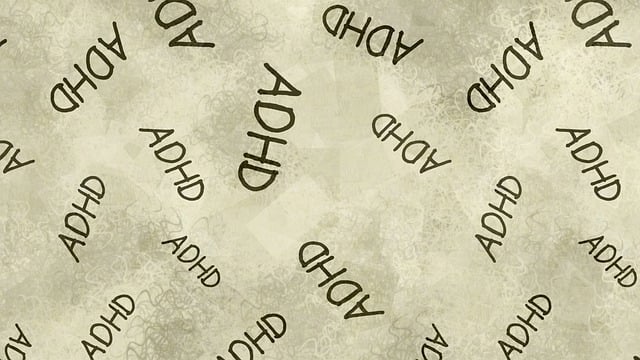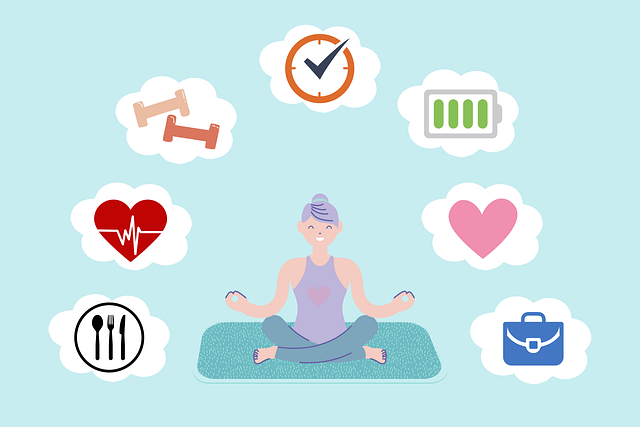Self-care is crucial for children with learning disabilities, addressing unique mental health challenges that impact self-esteem. Therapy plays a central role in promoting academic progress and emotional growth through tailored strategies like exercise, structured playtime, and age-appropriate social interactions. Implementing consistent routines at home and school fosters calmness, cognitive development, focus, and emotional resilience. Schools can support students with Crisis Intervention Guidance and Depression Prevention initiatives, ensuring academic and personal growth. Professional therapy offers individualized sessions teaching stress management, conflict resolution, and empathy building, promoting independence and well-being. Therapists provide structured environments for coping mechanism development, emphasizing time management, organization, and self-regulation – key components of self-care.
Self-care is an essential aspect of overall well-being, especially for children with learning disabilities. This article explores strategies to improve self-care practices, focusing on the unique needs of these children. We begin by understanding self-care in this context and its impact on their development. Subsequently, we offer practical tips to enhance daily routines at home and school. Furthermore, we delve into the role of professional therapy as a powerful tool to support and optimize self-care for children with learning disabilities.
- Understanding Self-Care for Children with Learning Disabilities
- Strategies to Enhance Self-Care Routines at Home and School
- The Role of Professional Therapy in Supporting Self-Care Practices
Understanding Self-Care for Children with Learning Disabilities

Self-care for children with learning disabilities is a critical yet often overlooked aspect of their overall development and well-being. These young individuals face unique challenges that can impact their mental health and self-esteem, making it essential to integrate specific self-care practices tailored to their needs. Therapy for Children with Learning Disabilities plays a pivotal role in this process, focusing on both the child’s academic progress and emotional growth.
By incorporating strategies such as regular exercise, structured playtime, and age-appropriate social interactions, children can develop a sense of control and confidence. Mental wellness becomes more achievable when these activities are combined with therapeutic interventions that address specific learning difficulties. Moreover, fostering self-care habits early on can contribute to better mental health policy analysis and advocacy, ensuring that the needs of this vulnerable population are recognized and supported on a broader scale.
Strategies to Enhance Self-Care Routines at Home and School

Creating consistent self-care routines at home and school can significantly benefit children’s overall well-being, especially those with learning disabilities. Start by incorporating simple activities into their daily schedules. For instance, dedicated time for reading or engaging in creative pursuits can foster a sense of calm and promote cognitive development. Establishing structured routines not only improves focus but also enhances emotional resilience, which is crucial for managing any challenges they may face.
Schools play a vital role in supporting students’ self-care through Crisis Intervention Guidance programs that teach coping mechanisms. Depression Prevention initiatives can be tailored to the unique needs of children with learning disabilities, focusing on building empathy and fostering supportive environments. These strategies collectively contribute to a healthier, more resilient student body, ensuring they thrive both academically and personally.
The Role of Professional Therapy in Supporting Self-Care Practices

Professional therapy plays a pivotal role in supporting individuals, especially those with learning disabilities, to enhance their self-care practices. For children with special needs, therapists offer tailored strategies that address unique challenges they may face. Through individualized therapy sessions, children learn valuable skills such as stress management techniques, conflict resolution strategies, and empathy building exercises. These tools empower them to navigate daily life more effectively, fostering a sense of independence and well-being.
In the context of learning disabilities, professional therapists provide structured environments where children can explore and develop coping mechanisms. They offer guidance on time management, organization, and self-regulation, which are essential components of self-care. Moreover, therapy sessions often incorporate creative activities, play therapies, or cognitive behavioural techniques to help children express their emotions healthily and build resilience. By integrating these strategies into daily routines, children can improve their overall mental health and better manage the demands of their learning journey.
Self-care is a vital component of overall well-being, especially for children with learning disabilities. By understanding and implementing strategies from early on, parents, educators, and therapists can empower these children to develop healthy self-care practices. Integrating self-care into daily routines at home and school, supported by professional therapy when needed, creates a holistic approach that fosters resilience and enhances their ability to manage challenges associated with learning disabilities. Through collaborative efforts, we can ensure these children receive the necessary tools to navigate their personal journeys with confidence and self-compassion.








